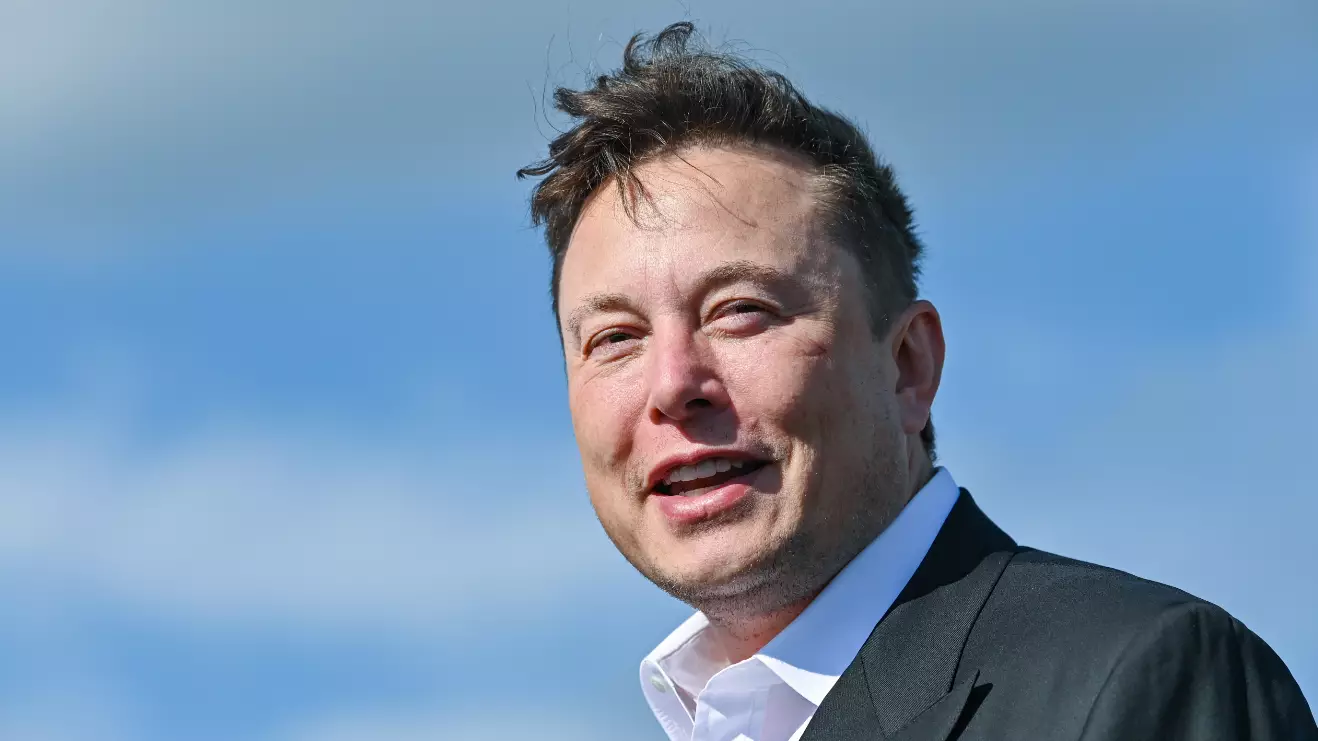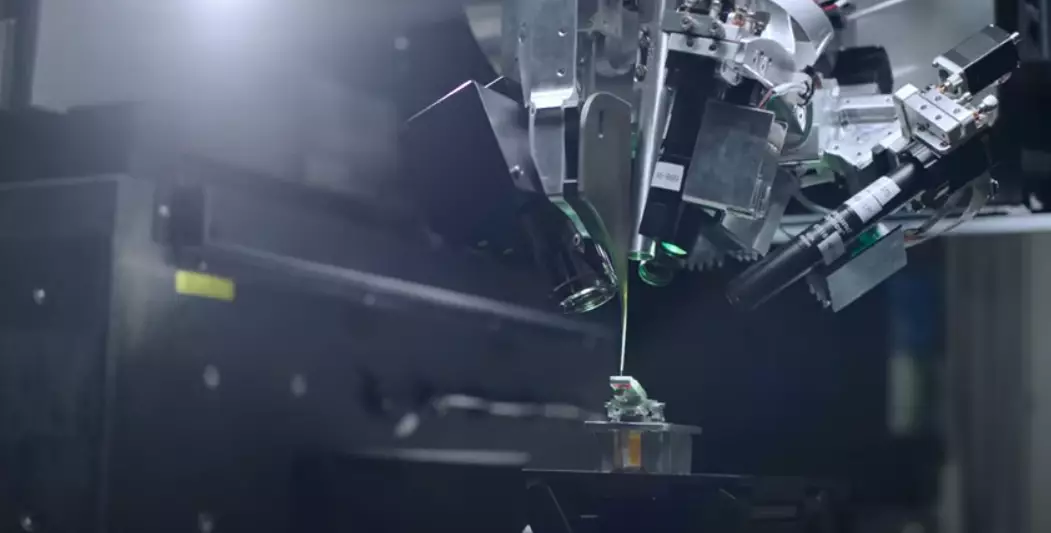
Experts warn that Elon Musk's Neuralink implanted brain chips could lead to a 'hacked army of sentient beings', saying development in technology should be carried out 'thoughtfully'.
Neuralink is Musk's new technological device that promises to merge human and artificial intelligence, having debuted the first working model earlier this year.
Advert
He reckons that once AI reaches true 'general intelligence' to rival that of humans, it will create new, more advanced intelligence - in turn making us endangered and irrelevant, much like how humans overtook primates.
"We are creating the future of brain interfaces: building devices now that will help people with paralysis and inventing new technologies that will expand our abilities, our community, and our world," the website says.

But experts are naturally pretty sceptical, saying we probably shouldn't be rushing to hotwire our brains in such a way.
Advert
Jason Lau, Chief Information Security Officer for Crypto, warned that once hackers learn how to access Neuralink's technology, we could see some huge problems.
In an article for Forbes, Lau charted how the relationship between humans, computers and hacking has evolved over time.
Based on past experiences, he argued thathackers could rob wealthy people by controlling their thoughts, or maybe even hijack elections.
Worse still, Lau said: "Autopilot software features in cars have already resulted in deaths; imagine what a hacked army of sentient beings could do."
Advert
Sure, it's a hypothetical, worst-case scenario, but it doesn't sound tempting.
Lau continued: "Technological progress is fundamental to human progress. It always has and always will be. BCIs [brain-computer interfaces] hold tremendous potential for good.
"However, technological progress must be done thoughtfully, keeping in mind one critical aspect of the 'human element' of security - ethics."
Advert
Professor Sophie Scott, a leading neuroscientist and Wellcome Trust Senior Fellow at University College London, is also questioning if we really need to pop wires into our brains to expand the mind.

Speaking to the Daily Star, she said: "AI is useful and powerful, but there are tricks the human brain pulls all the time that mean our brains are not just powerful AI machines.
"For example, if I take a photo of the BT tower it always looks much smaller in the photo, relative to its surroundings, than it does 'in real life'.
Advert
"Our visual system makes the more interesting things seem larger. So AI is great for pattern recognition but that's not the only thing our brains do."
She said having access to computer memory won't necessarily make humans smarter, either -saying the first human who decided to make a mark on a stick to record how many cattle they had was already outsourcing their memory.
Scott argued out memories don't just live in our brains anymore, but also in books, computers and recording devices.
While she predicts that Neuralink may have some value for expanding the capabilities of those who have suffered strokes, or other neuroogical problems that might have left them paralysed, she worries the 'early adopters' that sign up for it could be disappointed.
Featured Image Credit: PATopics: elon musk, News, Technology